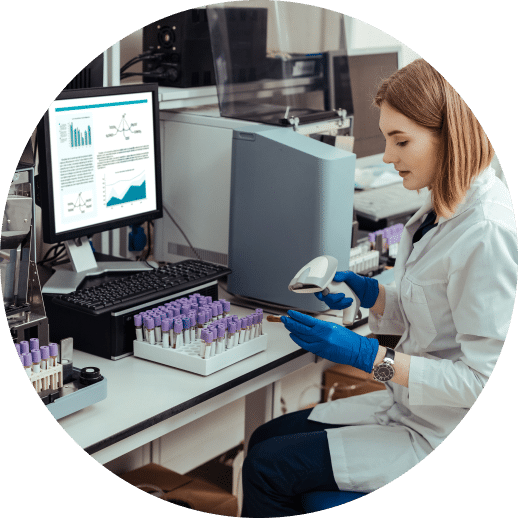Resource
Referring Whole Genome Sequencing (WGS) for a Rare Disease: Clinician’s How-To Guide

Resource Type: Document
Topics: WGS
Professions/ Specialities: WGS
Referring Whole Genome Sequencing (WGS) for a Rare Disease: Clinician’s How-To Guide
The version is last updated in January 2026.
Download FilePDF 1.52 MB